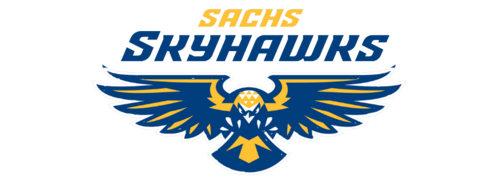Foods 10 (3 Credit)
In Foods 10, you learn basic cooking skills that will set you up for success in cooking at home. You can expect to cook about half of the time in class. You learn how to keep food safe to eat, basic knife skills, prepare essential foods, basic food nutrition, and how food fuels your body. You will learn how to cook on a stovetop, microwave and oven. You will learn to make quick bread, cupcakes, cookies, muffins and more! You learn basic cookie and cupcake decorating skills that you can later build on. You also learn how to make yeast bread pizza dough, tacos at home, cream sauces and other quick everyday meals.
Foods 20 (5 Credit)
In Foods 20, you expand on our knowledge from Foods 10 and learn more advanced food preparation techniques. You learn how to incorporate convenience foods into your meal planning to keep things easy to prepare at home. You will learn to decorate a cake, make and decorate a foam cake, and enjoy cream puffs and other more advanced desserts. You will get to experience foods inspired by different cultures worldwide and learn cooking techniques from other cultures. You will enjoy learning how to make flatbread, loaves of bread and buns. You can expect to cook about three quarters of the time during class.
Foods 30 (5 Credit)
Foods 30 teaches you advanced cooking skills that you may not have tried before. We learn to make delicious baked products like donuts, advanced cakes, bagels and complex bread products. We also focus on learning about how to change and adjust flavors, building on techniques learned in Foods 10 and 20. You learn to make pasta, spring rolls and other delightful treats. We also learn more about plating food and how to make our food look as wonderful as it tastes. Students in Foods 30 can expect to cook more than three quarters of the time.
